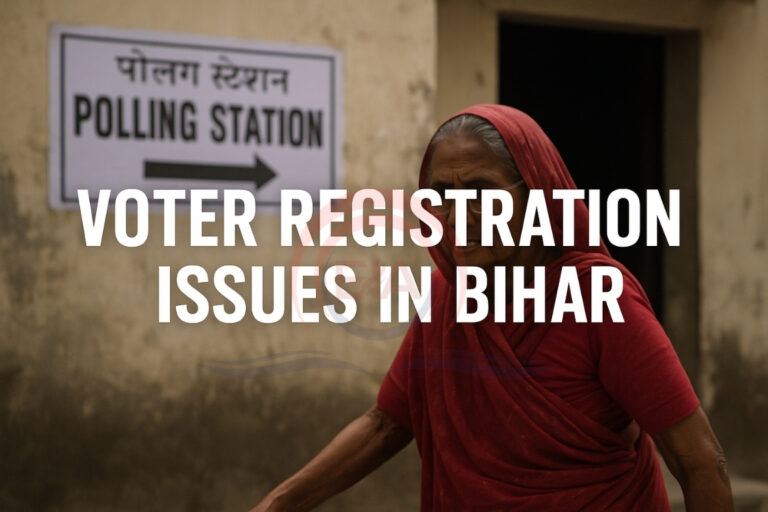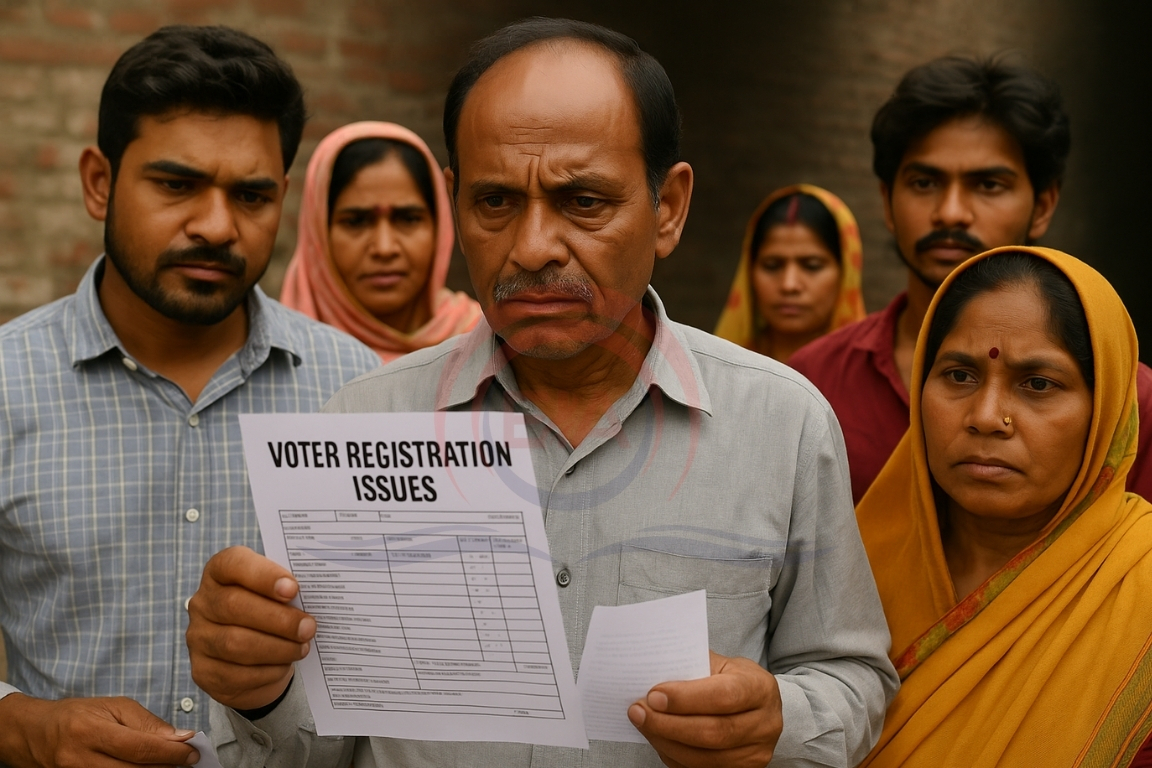The Union Government has announced that the next Census will take place in 2027 and will include caste details. This has triggered discussions on whether the current Census format needs changes to make the data more useful for addressing inequality.
Allegations of Unusual Rise in Voter Numbers
- A sharp increase of over 40 lakh voters was recorded in Maharashtra within five months after the Lok Sabha elections.
- This number was higher than the total voter additions over the previous five years (32 lakh), raising suspicions about its validity.
- Critics argue such a jump is statistically implausible in a low fertility state like Maharashtra where the number of youth turning 18 is steadily declining.
Election Commission’s Stand and Clarification
- The Election Commission of India (ECI) has maintained that voter roll tampering is nearly impossible.
- It cited past trends from 2004, 2009, and 2014 where similar voter increases occurred.
- ECI has also stated that political parties could have filed objections through the appeals process during electoral roll publication.

Challenges with Voter List Revisions
- The transition to quarterly revision of electoral rolls (instead of once a year) may have contributed to the increase.
- There are risks of both wrongful inclusions and exclusions, particularly impacting underrepresented or mobile populations.
- Aadhaar seeding in electoral databases has been proposed as a solution, though it raises privacy concerns.
Need for Electoral Roll Transparency
- Experts have demanded machine-readable versions of voter rolls for better analysis and verification.
- Allegations of unnatural voter turnout surges post 5 PM during polling have led to calls for releasing CCTV footage from polling stations for accountability.
- Political parties argue that the onus lies on the ECI to maintain voter roll integrity, not just on party agents.
ECI's Response: Special Intensive Revision (SIR)
- To address credibility concerns, ECI will conduct SIR of electoral rolls, starting with Bihar, to ensure accurate inclusion and exclusion of voters.
- Experts recommend that this should be a transparent and participatory process, involving all stakeholders for public trust.
Article 324 – Superintendence, direction, and control of elections
- Grants the ECI the power to conduct free and fair elections to:
- Parliament,
- State legislatures,
- Offices of the President and Vice-President.
- Includes control over the preparation and revision of electoral rolls.
Article 325 – One general electoral roll
- States that no person shall be ineligible for inclusion in the electoral roll on the grounds of religion, race, caste, or sex.
- Mandates a single electoral roll for each constituency for all elections to Parliament and State legislatures.
Article 327 – Power of Parliament to make provisions regarding elections
- Authorises Parliament to legislate on all matters relating to elections, including:
- Electoral rolls,
- Delimitation of constituencies,
- Other necessary procedures.
Article 328 – Power of State Legislature to make provision with respect to elections to State Legislature
- Allows State Legislatures to make laws on state-level elections subject to Article 327.
Conclusion:
To protect the sanctity of Indian elections, a transparent, data-driven, and inclusive voter roll system is vital. Reforms must balance efficiency with credibility to ensure free and fair democratic participation.





